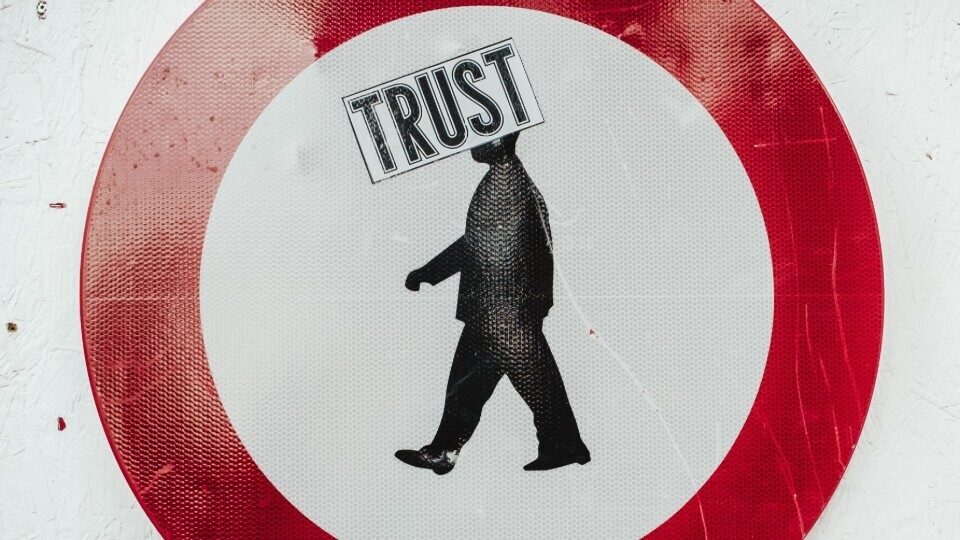
Op-ed: ‘Waves’ of denial – why citizens distrust the state
'Admittedly, I would not have expected vaccine deniers to be joined by “deniers” of the ongoing census, who often refuse to open their door and cooperate with those conducting it.'
By Lefteris Charalambopoulos
Admittedly, I would not have expected vaccine deniers to be joined by “deniers” of the ongoing census, who often refuse to open their door and cooperate with those conducting it.
That is not because we have ample evidence that there is a “conspiracy theory” concerning all different aspects of social life, but because the census in the past was always a process not met with distrust.
That is why I believe we are dealing with a more expansive problem – a new wave of distrust of the state.
This distrust does not have the traditional characteristics of opposition to the state as an oppressive and coercive mechanism, which we see in the left-wing and anarchist traditions and which is linked to the role of the state in social clashes.
It does not even have the characteristics of a “liberal” anti-state stance, which is based on the theory that the state must not intervene beyond a certain point in the affairs of citizens, in their private lives, or in the economy.
All these people understand that at the same time that there is a core of state functions that has to do with – or should have to do with – the common good: Healthcare, social insurance, and free access to public services such as education.
Moreover, albeit from diametrically opposed starting points, these two “anti-state” traditions maintained that either social movements or the market could rationally organise aspects of life.
Now, we are dealing with another form of distrust of the state. There is a sort of generalised delegitimisation that is fuelled by irrational and conspiratorial views, often at the verge of the absolutely absurd, especially when they are mixed in with “global conspiracy” theories.
Why people manage their fears or insecurities with facile conspiracy theories has often been discussed.
Correspondingly, when conspiratorial distrust of the state or its representatives leads to trust in all sorts of charlatans, the dangers are clear.
Yet, simply identifying the problem is not enough.
We must ask ourselves why the state lost the trust of citizens, at least of those who can be swayed by conspiratorial views.
We must ask ourselves why the state proved unable, in various phases and not just in the pandemic, to function as the arena in which strategies are crafted based on knowledge and with the common good as a guide.
We must consider whether and to what degree the pre-pandemic state was perceived as something outside of and at times hostile towards society.
We must evaluate “the use” of the state by political parties and governments and whether that contributed to the problem.
We must examine whether and to what extent state functionaries in various sectors managed to build trust or whether instead they cemented the distrust of citizens.
Obviously, we must do what is necessary for the state to win back the trust of citizens.
Ακολουθήστε το in.gr στο Google News και μάθετε πρώτοι όλες τις ειδήσεις














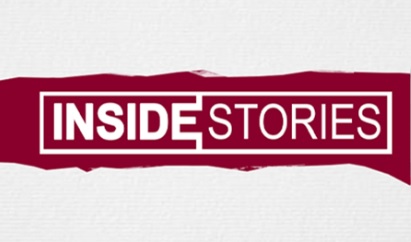
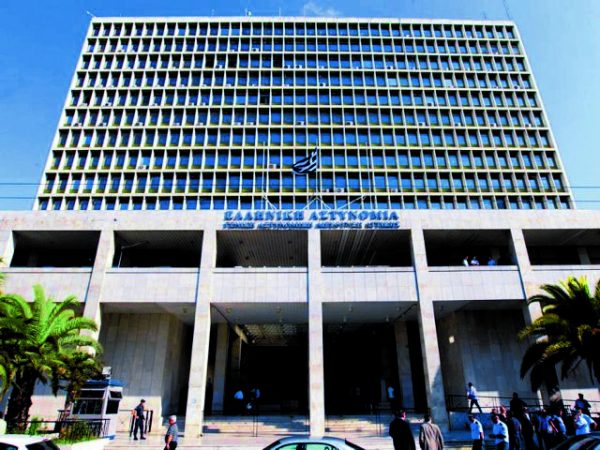






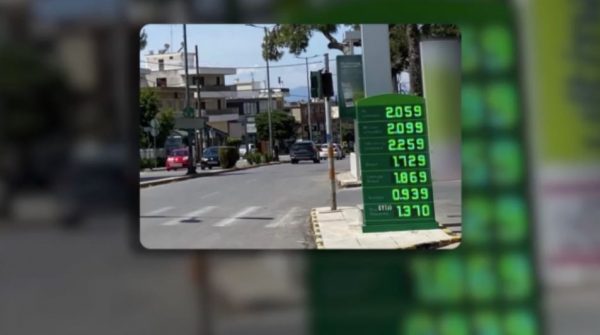










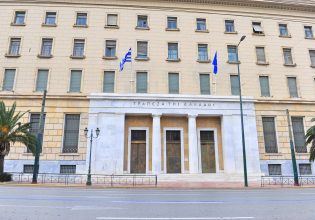






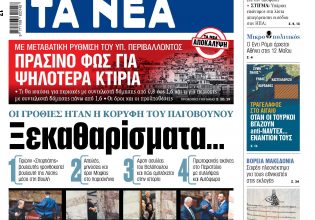




 Αριθμός Πιστοποίησης Μ.Η.Τ.232442
Αριθμός Πιστοποίησης Μ.Η.Τ.232442